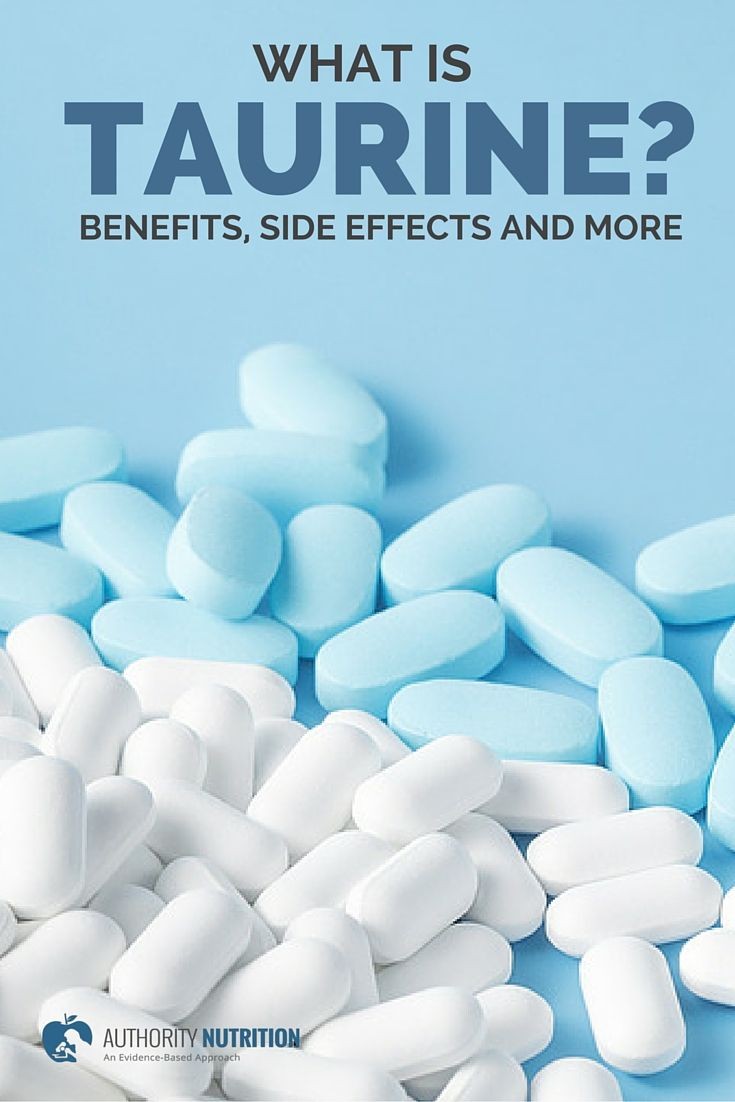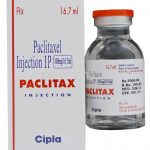
Contents
Taurine Amino Acid: Sources and Benefits
Taurine is similar to amino acids and can be found in energy drinks, pork, beef, and other foods. It improves fat and fat-soluble vitamin absorption by acting as a component of bile acids.
In addition, taurine regulates heart rhythm, stabilizes cell membranes, and reduces brain cell activity.
Due to its similarity to other amino acids, taurine plays a vital role in metabolic processes. It has potential antioxidant properties, but its long-term effects are not well-known.
Babies require taurine as an essential amino-acid-like compound. While adults can produce their own taurine, it can also be obtained from fish and meat. These sources are particularly abundant in taurine. However, vegan and vegetarian diets lack sufficient taurine since plant-based foods do not contain high levels of this compound.
Taurine serves various functions in the body, including its role in brain processing as a neurotransmitter. It is also naturally present in significant amounts in the retina, brain, heart, and reproductive organs. Additionally, energy drinks are a major source of taurine supplementation.
Although taurine’s effects on the endocrine system are not extensively studied, current research focuses on understanding its structure, synthesis, metabolism, distribution, mechanisms, safety, effects, and potential therapeutic applications.
Where to Find Taurine
Taurine is a prominent component of energy drinks and acts as an inhibitory neurotransmitter and neuromodulator, similar to gamma-aminobutyric acid.
The human body naturally contains approximately 1 gram of taurine per kilogram. Foods such as pork, beef, poultry, seafood, and processed meats are rich sources of taurine. Individuals who consume seafood and meat regularly typically get sufficient dietary taurine. However, vegans and vegetarians have lower circulating taurine levels due to the limited taurine content in plant-based foods.
Most American diets provide 123–178 mg of taurine daily. Consuming an 8-ounce energy drink can increase the average intake by 6 to 16 times, making it beneficial for individuals following a vegetarian diet, as they generally have low taurine levels.
How Taurine is Consumed
Taurine is naturally present in fish, meat, dairy products, and human milk. It is also available as a dietary supplement. Some studies suggest that taurine supplementation could enhance athletic performance. Additionally, individuals with congestive heart failure who supplement with taurine multiple times a day show increased exercise capacity.
Research indicates a potential improvement in mental functioning when taurine is combined with caffeine. However, more studies are needed to verify these findings and address the controversial nature of energy drink consumption.
It is important to note that energy drinks contain high amounts of other ingredients, such as caffeine, sugar, and herbal stimulants. Excessive caffeine intake can accelerate heart rate, increase blood pressure, disrupt sleep patterns, and heighten anxiety levels. Meanwhile, added sugar contributes unnecessary calories.
Taurine Utilization by the Body
A significant portion of taurine, along with sulfate, is eliminated from the body through urine. The majority of sulfate originating from taurine is produced through bacterial metabolism in the gastrointestinal system and subsequently absorbed.
Bile acids break down taurine to serve as a lipid detergent. In this form, it circulates through the liver, allowing bacteria another opportunity for conversion to sulfate and subsequent elimination in urine.
Taurine acts as an inhibitory neurotransmitter by binding to receptors, similar to GABA. Its relationship with various hormones is complex, and its direct effects on hormone secretion remain incompletely understood. Extensive clinical studies are necessary to establish comprehensive knowledge of the acute and chronic effects of taurine on the nervous and endocrine systems.
Health Benefits of Taurine
Taurine is believed to possess broad anti-inflammatory properties. Supplementation has been implicated in improving conditions such as epilepsy, cystic fibrosis, diabetes, and heart failure. Animal studies have shown taurine’s ability to protect against toxicity caused by compounds like ammonia, alcohol, and lead.
Furthermore, derivatives of taurine, such as homotaurine, have demonstrated potential anti-amyloid activity, safeguarding against Alzheimer’s disease progression. Certain derivatives have received approval from the U.S. Food and Drug Administration for the treatment of alcohol use disorder.
While there are numerous speculative therapeutic uses for taurine, further investigation is required to establish their efficacy:
- Congestive heart failure: Taurine enhances heart muscle contractions, increasing their effectiveness and strength. Under medical supervision, it can be supplemented at a dosage of 2 grams, thrice daily.
- Iron deficiency and anemia: Research indicates that taurine supplementation improves the response to iron therapy in young women with iron-deficiency anemia. Supplementation is recommended.
- Cystic fibrosis: Taurine aids in fat digestion as an amino acid and component of bile acids. Additional supplementation may improve fat digestion. Dosage depends on body weight.
- Type 1 diabetes: Supplementing with taurine has been shown to enhance blood vessel function in individuals with type 1 diabetes. It should be taken three times a day.
- Pre and post-surgery recovery: Taurine plays crucial roles in cell function and immunity. Supplementation may reduce inflammation. It should be taken as a supplement before and after surgery.
Although there are many potential benefits, they are hypothetical and require further study and research. These include taurine’s impact on the nervous system, its use in treating seizures, anxiety, atherosclerosis, high blood pressure, heart rate issues, and congestive heart disease.
QUESTION
Recommended Taurine Intake
Amino acids are available in single or combination forms, including proteins, food supplements, and multivitamins. These can be found in tablets, powders, and liquids.
A sufficient protein intake typically provides all necessary amino acids. However, taurine supplementation may be required if dietary intake is inadequate. This can occur during parenteral nutrition when the body is unable to produce sufficient taurine on its own.
Babies eventually develop the ability to produce taurine but may require supplementation if they are not breastfed. Infant formulas and nutrition supplements often contain added taurine.
Side Effects of Taurine
Using high doses of single amino acid supplements can result in a negative nitrogen balance, impairing metabolism and placing strain on the kidneys.
In children, consuming single amino acid supplements like taurine can interfere with growth.
Long-term use of high doses of single amino acid supplements is not recommended. Pregnant or breastfeeding individuals should avoid supplements containing taurine. Breast milk from new mothers contains higher taurine levels compared to cow’s milk. Taurine is added to cow’s milk-based infant formula.
While there is no specific evidence of adverse effects when combining taurine with other medications, a relationship between taurine supplementation and cytochrome systems, which regulate liver metabolism, is possible. Taurine helps prevent the breakdown of over 70 substrates in cytochrome systems. These include commonly used analgesics, anesthetics, antibacterials, antidepressants, and antiepileptics. However, when taken alongside acetaminophen or alcohol, taurine can contribute to oxidative stress in the liver.
Sources:
Brigham and Women’s Hospital: "Taurine."
Cleveland Clinic Foundation: "Taurine, energy drinks, and neuroendocrine effects."
Kaiser Permanente: "Taurine."
Mayo Clinic: "Taurine is an ingredient in many energy drinks. Is taurine safe?"
Mayo Clinic: "Taurine is an ingredient in many energy drinks. Is taurine safe?"


